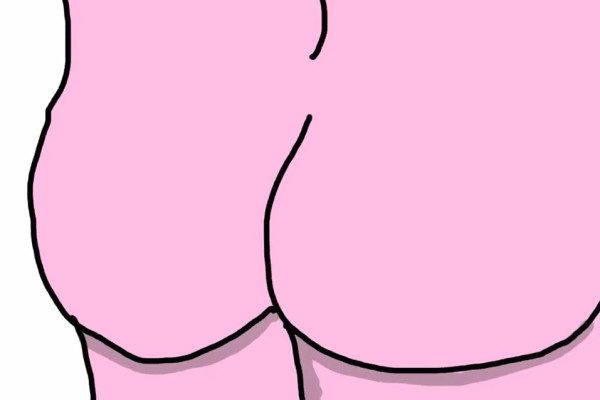Targeted Therapy: What Is Oncogenic Addiction in Cancer Cells? When inserted in another cell, the altered proto-oncogene became a cancer-causing oncogene, instructing the cell to divide more rapidly than it would normally. If a proto-oncocogene mutates, it becomes an oncogene and no longer stops at cell checkpoints to insure it is normal. Cancer Statistics. Together, proto-oncogenes and tumor suppressor genes coordinate the regulated growth that normally ensures that each tissue and organ in the body maintains a size and structure that meets the body's needs. Cancer: Out of Control Cells - The Biology Corner A: The translation process synthesizes protein in the cytoplasm of the cell. Science Explained: What causes cancer? - The Daily Evergreen Ras encodes an intracellular signal-transduction protein. Processes that change proto-oncogenes to oncogenes (transformation) may include: Image Image2. When a mutation occurs in a proto - oncogene, it becomes permanently turned on (activated). Proto-oncogenes are normal genes that, when mutated in certain ways, become oncogenes, genes that cause a cell to become cancerous. The Eukaryotic Cell Cycle and Cancer overview Flashcards - Quizlet To cause cancer, proto-oncogenes require 1 (or) 2 allele (s) to be mutated and are therefore considered dominant (or) recessive. A proto - oncogene can 't cause cancer unless a mutation occurs in the gene that turns it into an oncogene. 29. 10.4 Cancer and the Cell Cycle - Biology 2e | OpenStax Screening . 15. Research. Tumour progression involves the inactivation of tumour suppressor genes and the activation of proto-oncogenes. cancer - Oncogenes | Britannica Proto-oncogenes make proteins for bodily functions. 1. Understand how proto-oncogenes are normal cell genes that, when mutated, become oncogenes. If one cell acquires enough mutations to become cancerous, it gives rise to subsequent cancer cells.

